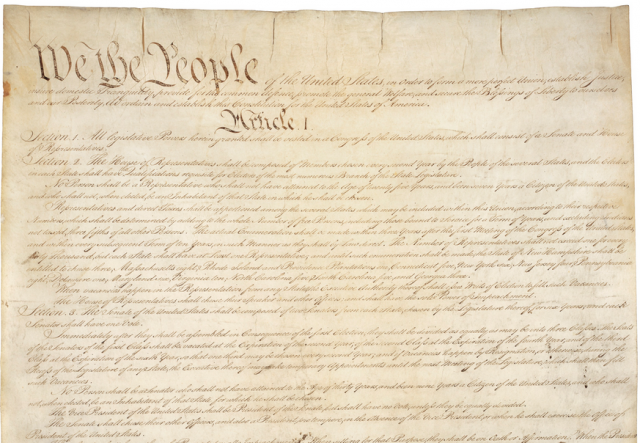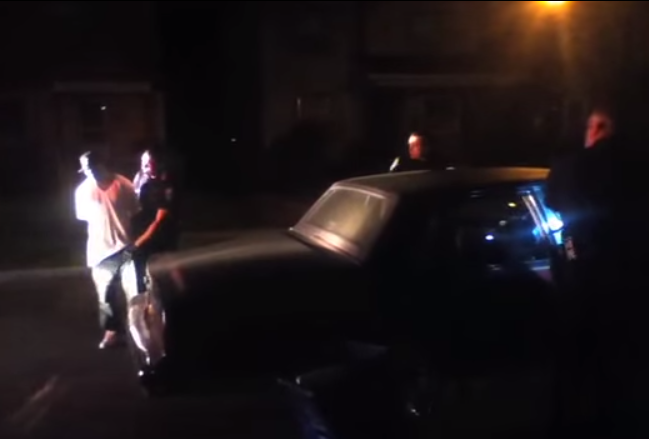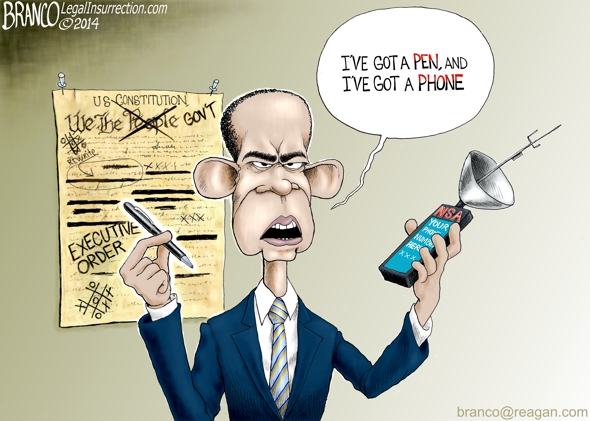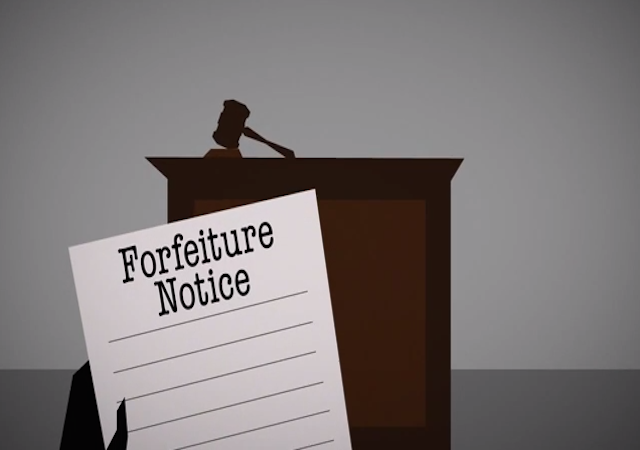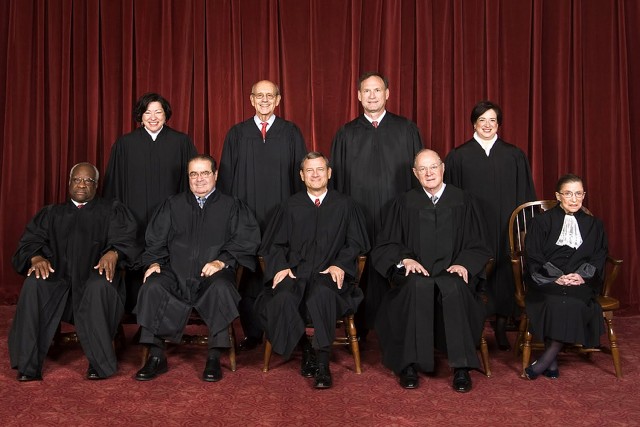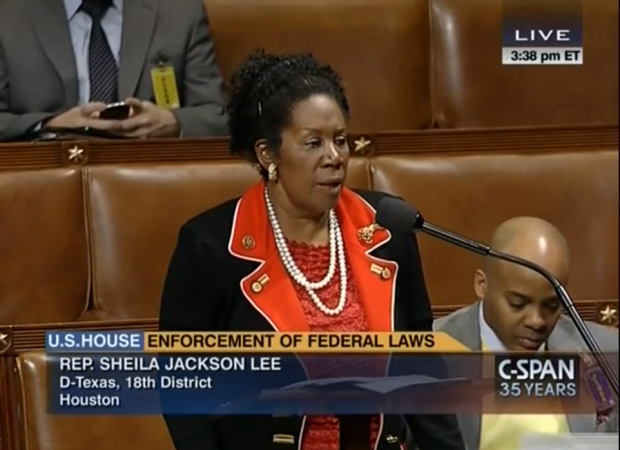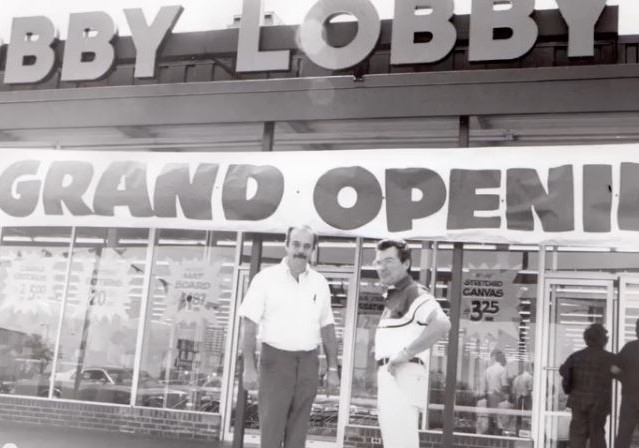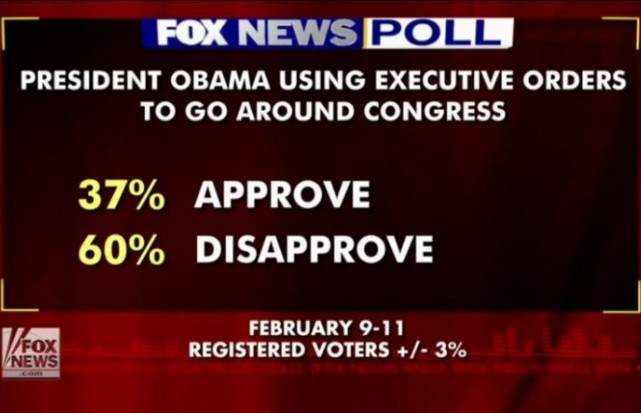Have you noticed that everything nowadays gets videotaped? With everyone suddenly having a smart-phone that photographs and videotapes, every newsworthy or even trivial event gets recorded and presented on YouTube, Twitter, Facebook, or onto someone’s blog.
This phenomenon has coincided with the movement of “citizen journalists,” who aim to bring the straight news to blogs and websites all over, giving the unvarnished news to anyone who cares to check the website in question, oftentimes pointed there by the Drudge Report or another news aggregator.
No licenses or formal credentials are needed – just a thirst for getting the straight truth out there for viewers or readers to watch and make up their own minds. What about videotaping the police? So much of what they do is newsworthy, and their salaries are paid by our tax-dollars. You would think that videotaping the police in a public area, not interfering with them, would be perfectly fine.
Try telling that to Emily Good, the Rochester, New York resident who in 2011 saw the local police arresting someone right in front of her house. From her front yard, Ms. Good pulled out her iPod and started filming.
One of the officers involved saw the filming and claimed that he felt unsafe with her filming from that location, so Ms. Good backed up and kept filming. The officer ordered Ms. Good to stop filming and go inside her house, which she refused. Then the officer
arrested Ms. Good, claiming that she was obstructing the arrest.
The criminal case against Ms. Good was
dismissed as soon as a local prosecutor read some of the details, but she spent many hours in jail, and several police officers later showed up at a meeting of supporters and issued parking tickets for cars parked more than 12 inches from the curb.

